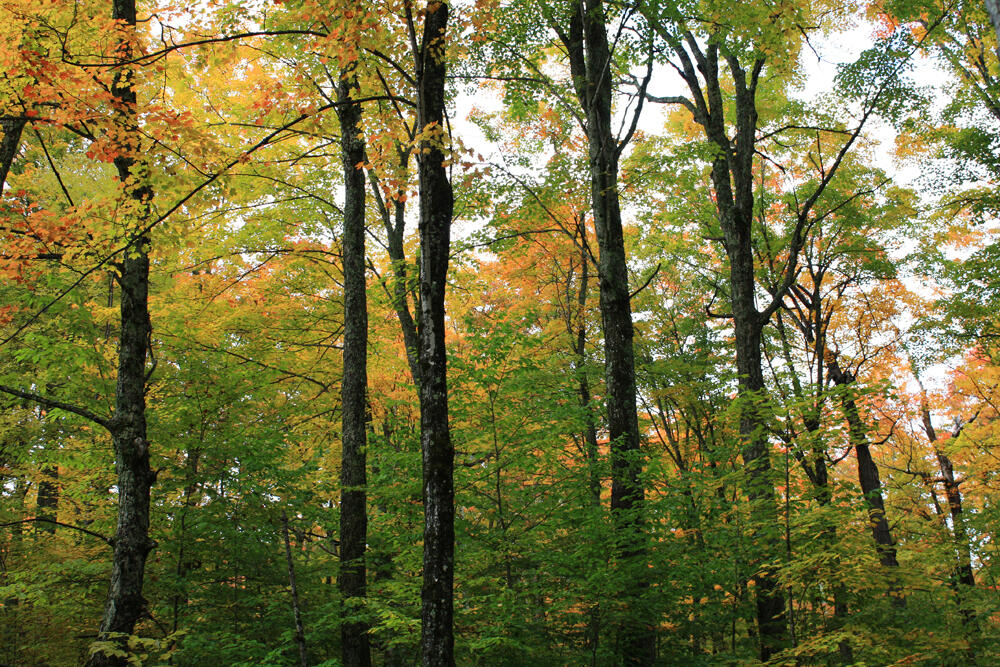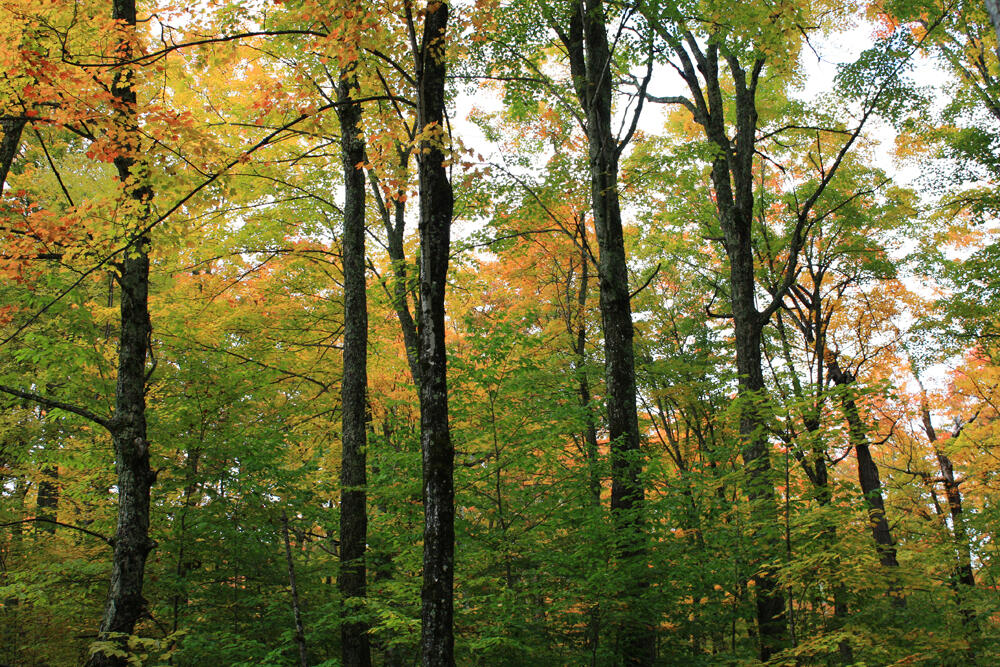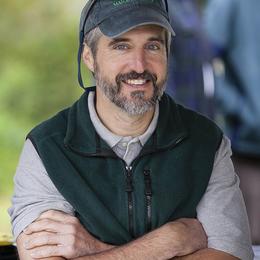Joint commentary by David Mears of Audubon Vermont, Heather Furman of the Nature Conservancy, Shelby Semmes of the Trust for Public Land, Nick Richardson of the Vermont Land Trust, and Brian Shupe of the Vermont Natural Resources Council.
Vermont is experiencing, first-hand, the far-reaching impacts of climate change and the global nature crisis. Winter temperatures are rising and snowfall totals are dropping, while many species of wildlife are shifting their ranges further to the north and higher in elevation if they can, or are threatened with extinction if they cannot.
Forest conversion and fragmentation continue at a rapid pace, while our state is under pressure from both second-home development and pandemic-weary crowds looking for outdoor recreation and respite. Meanwhile, an outdoor way of life in this state relies on the precarious fate of our forests: More than 1 out of every 5 Vermonters, including over 30,000 children, lack close to home access to conserved natural areas. We are facing a need for generational investment in natural climate solutions and outdoor access for all, chief among them forest conservation, to provide a sustainable future — both ecologically and economically — for the Green Mountain State.
Congress is currently considering a substantial investment in forest conservation that would grow the economy, create jobs, and take critical action on climate change. We were glad to see that the House Agriculture Committee included $40 billion for forestry provisions in their reconciliation legislation. Included in that bill is a critical $1.25 billion investment in the Forest Legacy Program, which helps states and private forest owners maintain working forest lands and is a key tool to protect natural infrastructure and climate resilience.
The Forest Legacy Program is a voluntary conservation program that is responsible for the conservation of over 2.885 million acres of working forest lands across the U.S., primarily through conservation easement purchases, with more than 50 percent of project costs leveraged from non-federal sources. Here in Vermont, the program has conserved nearly 100,000 acres, leveraging $35.4 million in federal funds for a total investment of $57.4 million to protect places like Hunger Mountain Headwaters, Eden Forest, Worcester Woods, Dowsville Headwaters, Groton Forest, and Windham Region Working Forest.
The program invests in natural infrastructure by conserving forests that sequester carbon dioxide, provide important wildlife habitat, and protect our rivers, lakes and ponds as well as our drinking water supplies. The forests provide all of these benefits while producing timber and providing public recreation access, contributing significantly to Vermont’s economy via multiple sectors. It’s a win-win, a program that really works.
Each year, however, there are far more Forest Legacy Program applications than can possibly be funded, meaning that urgent opportunities to protect and create jobs while fighting the climate crisis are left on the table.
In the Northeast Kingdom, a Forest Legacy project currently in development at Miles Mountain would conserve 12,000 acres, a massive opportunity to protect one of the last swaths of landscape-scale, unprotected forestland in Vermont. Through this project the ecologically and economically significant forestland, wetlands, and well-loved trail system of Miles Mountain and Miles Pond would be secured for future generations, including permanent public access for wildlife viewing, hunting, fishing, trapping, hiking, and skiing, as well as motorized use on designated trails. But, such a large-scale project might not get funded unless Congress provides additional dollars.
With the rapid pace and scale of forest conversion, now is the time to invest in forest protection before it is too late. Senators Leahy and Sanders, as well as Representative Welch, have been consistent champions of forest conservation. We urge them to support the forestry provisions in the reconciliation bill and make clear to Congressional Leadership that these natural climate solutions should remain in the final reconciliation package.
David Mears, Audubon Vermont
Heather Furman, The Nature Conservancy
Shelby Semmes, The Trust for Public Land
Nick Richardson, Vermont Land Trust
Brian Shupe, Vermont Natural Resources Council
###
Thank you to the Brattleboro Reformer and VT Digger for pulbishing this commentary.






